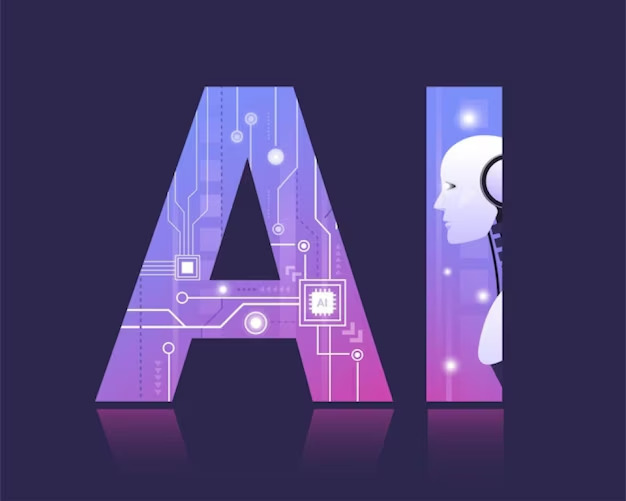The history of artificial intelligence (AI) is a rich tapestry of ideas, technological advancements, and interdisciplinary contributions spanning several decades. Here is a detailed overview:
Early Concepts and Precursors
- Ancient Myths and Automata: The concept of artificial beings dates back to ancient myths and legends. In Greek mythology, Talos, a giant automaton made of bronze, is one of the earliest examples.
- 17th-18th Century: Philosophers like René Descartes and Thomas Hobbes speculated about the mechanistic nature of human thought. In the 18th century, mathematician and inventor Charles Babbage designed the Analytical Engine, an early mechanical computer.
Foundations of AI
- 1930s-1940s:
- Alan Turing: Turing’s work on computability and his concept of the Turing Machine laid the theoretical groundwork for AI. His 1950 paper “Computing Machinery and Intelligence” introduced the Turing Test to evaluate a machine’s ability to exhibit intelligent behavior.
- Norbert Wiener: The father of cybernetics, Wiener, studied control and communication in animals and machines, influencing AI research.
The Birth of Artificial Intelligence (AI) (1950s-1960s)
- Dartmouth Conference (1956): Organized by John McCarthy, Marvin Minsky, Nathaniel Rochester, and Claude Shannon, this conference marked the official birth of AI as a field. McCarthy coined the term “artificial intelligence.”
- Early Programs and Research:
- Logic Theorist (1955): Developed by Allen Newell and Herbert A. Simon, it was one of the first AI programs and could prove mathematical theorems.
- General Problem Solver (1957): Another pioneering program by Newell and Simon, aimed at solving a wide range of problems.
Early Optimism and Challenges (1960s-1970s)
- Expansion of Research: AI research expanded with programs like ELIZA (1966), an early natural language processing program by Joseph Weizenbaum, and SHRDLU (1968), a natural language understanding system by Terry Winograd.
- Funding and Expectations: High expectations and significant funding led to ambitious projects. However, the limitations of early AI systems and lack of computational power led to an “AI winter” in the 1970s, a period of reduced funding and interest.
Knowledge-Based Systems and Expert Systems (1980s)
- Expert Systems: AI research saw a resurgence with the development of expert systems, such as MYCIN (1972) for medical diagnosis and DENDRAL (1965) for chemical analysis.
- Commercial Applications: Expert systems found applications in various industries, leading to increased investment and interest in AI.
Machine Learning and Statistical Methods (1990s-2000s)
- Shift to Machine Learning: The focus shifted to machine learning, with algorithms capable of learning from data. Techniques like decision trees, neural networks, and support vector machines gained prominence.
- Data and Computational Power: The rise of big data and advancements in computational power enabled more sophisticated AI models. Notable milestones include IBM’s Deep Blue defeating world chess champion Garry Kasparov in 1997.
Deep Learning and Modern AI (2010s-Present)
- Deep Learning Revolution: Advances in neural networks, particularly deep learning, led to breakthroughs in image and speech recognition, natural language processing, and other areas. Notable frameworks include TensorFlow and PyTorch.
- Significant Milestones:
- AlphaGo (2016): DeepMind’s AlphaGo defeated the world champion Go player Lee Sedol, demonstrating the power of deep learning and reinforcement learning.
- GPT Series: OpenAI’s Generative Pre-trained Transformers (GPT) series, particularly GPT-3 (2020) and GPT-4 (2023), showcased remarkable capabilities in natural language understanding and generation.
- AI in Everyday Life: AI technologies became integral to various applications, from virtual assistants like Siri and Alexa to recommendation systems on platforms like Netflix and Amazon.
Current Trends and Future Directions
- Ethics and Regulation: As AI systems become more pervasive, ethical considerations, bias, transparency, and regulation have become critical areas of focus.
- AI and Society: AI’s impact on the economy, jobs, privacy, and societal norms is a subject of ongoing debate and research.
- Advanced AI Research: Areas such as explainable AI, general AI, and quantum computing are pushing the boundaries of what AI can achieve.
The history of AI reflects a journey of continuous innovation and learning, driven by the quest to replicate and enhance human intelligence through machines.

